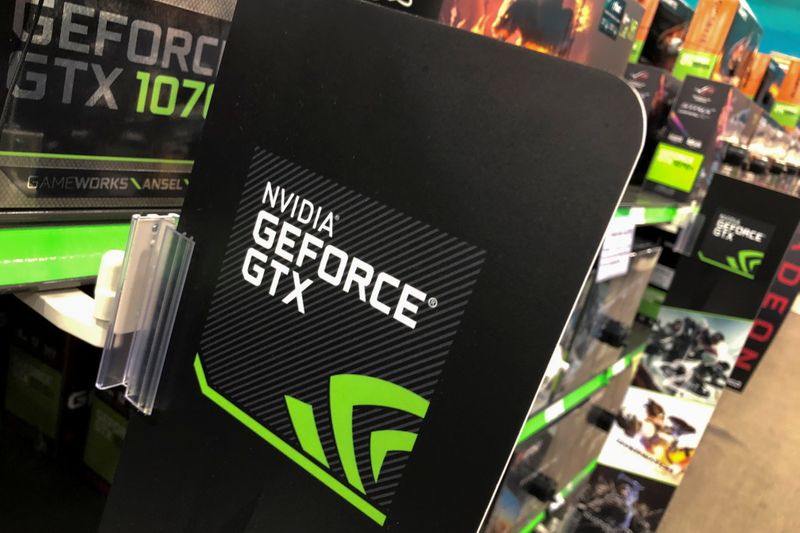Goldman Sachs analysts maintained a Buy rating on Nvidia (NASDAQ:NVDA) stock Tuesday and hiked their 12-month target price from $1,000 to $1,100.
The updated price objective comes as the Wall Street giant lifts its non-GAAP earnings per share (EPS) estimates for fiscal years 2025 to 2027, by 8% on average “to reflect intra-quarter industry data points indicative of continued robust AI server demand and improving supply,” analysts wrote.
“Despite NVDA’s YTD outperformance, we see positive EPS revisions driving another leg up in the stock, especially with NVDA trading at 35x or only a 36% premium to our coverage universe vs. its past 3-year median premium of 160%,” they added.
Goldman analysts believe AI remains Nvidia’s key growth driver, expecting that Data Center results for the April and July quarters will be fueled by robust demand for AI-related computing and networking.
Positive momentum from the AI ecosystem and product launches like H200 and Spectrum-X contribute to this outlook.
As such, they now predict sequential Data Center growth of 10%, 17%, and 5% for FY2Q, 3Q, and 4Q, respectively.
Looking ahead, Goldman Sachs anticipates that AI spending is likely to continue beyond 2024 based on several indicators.
Those include chipmaker TSMC projecting that server AI processor revenue, including GPUs, accelerators, and CPUs, will more than double year-over-year and represent low-teens percentages of overall revenue in 2024. Over the long term, TSMC expects HPC/AI revenue to grow at a 50% CAGR, exceeding 20% of total revenue by 2028.
In addition, Tier-1 U.S. hyperscalers expect increased AI-related capital investments in 2025, while AMD (NASDAQ:AMD) revised its 2024 Data Center GPU revenue forecast to $4 billion.
“In short, we believe Nvidia will remain the de facto industry standard for the foreseeable future given a) its competitive advantage that spans its hardware and software capabilities as well as the installed base and eco-system it has built over multiple decades, and b) the pace at which it is and will be innovating over the next several years,” Goldman analysts said.
